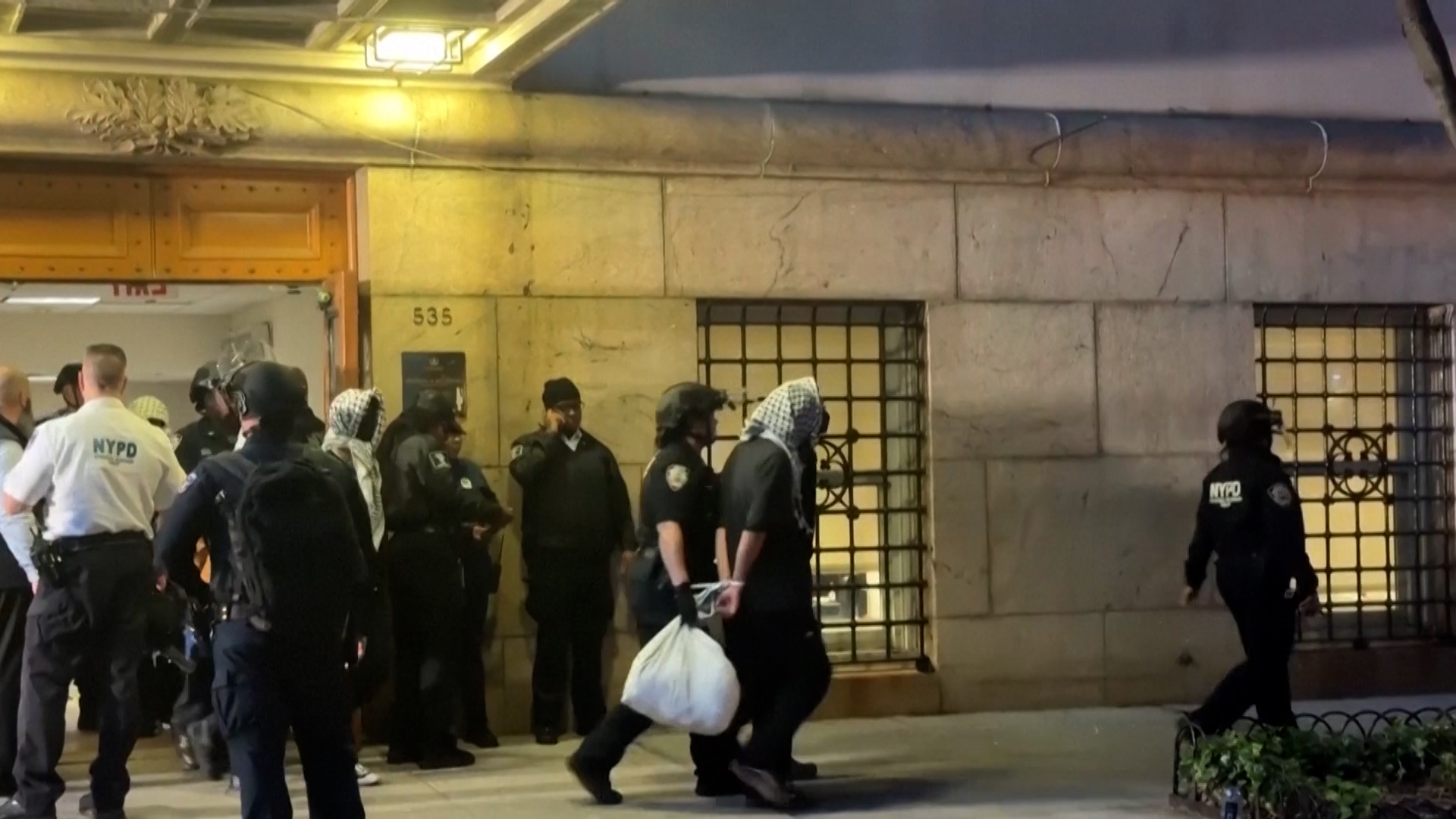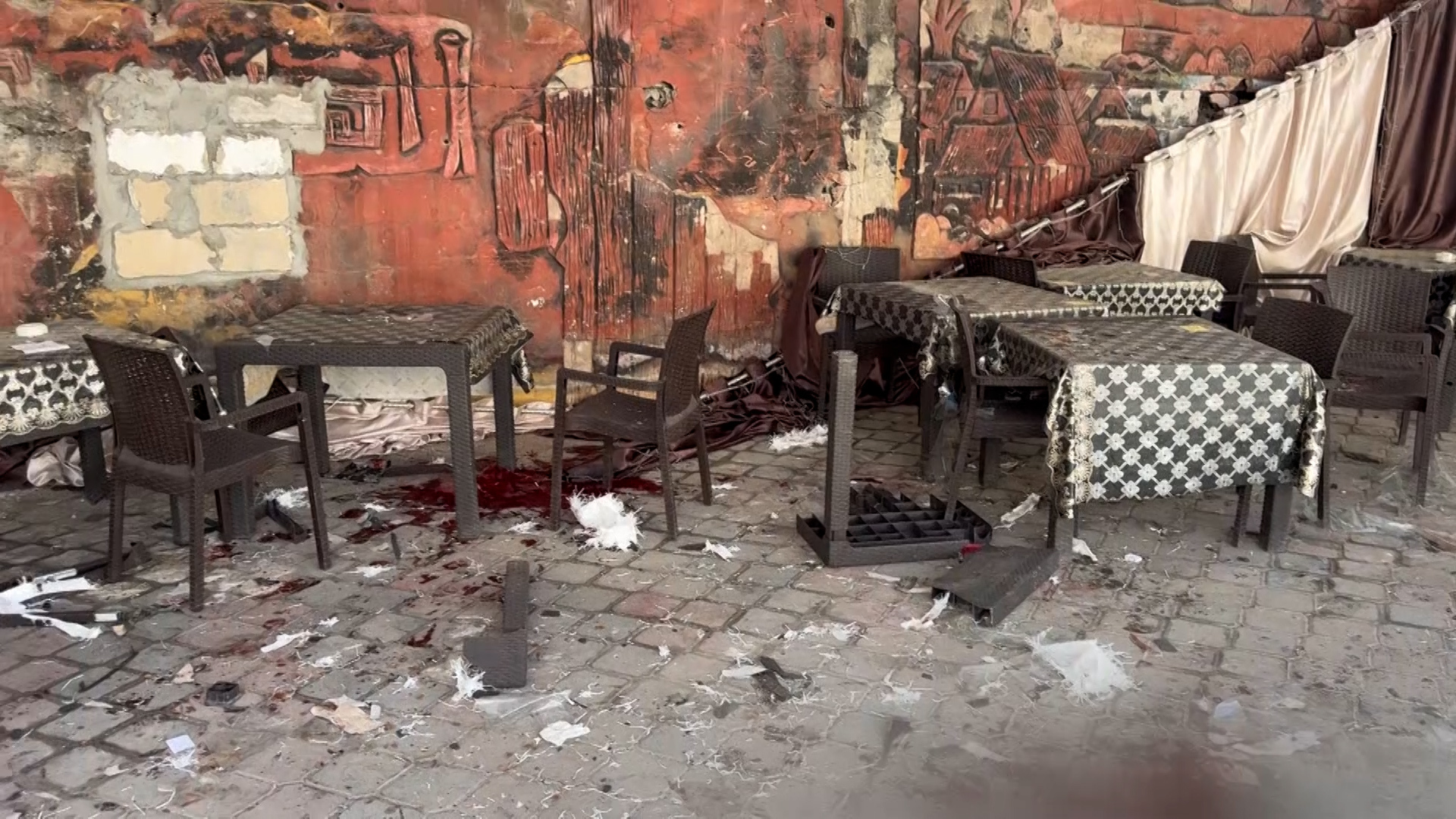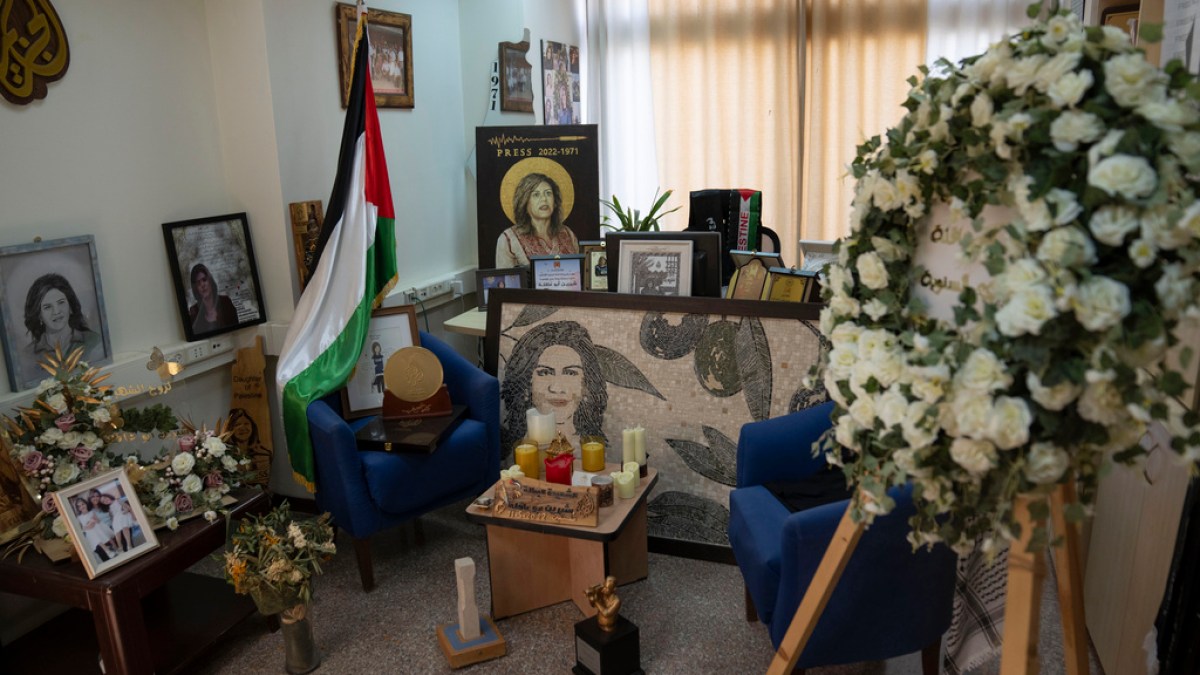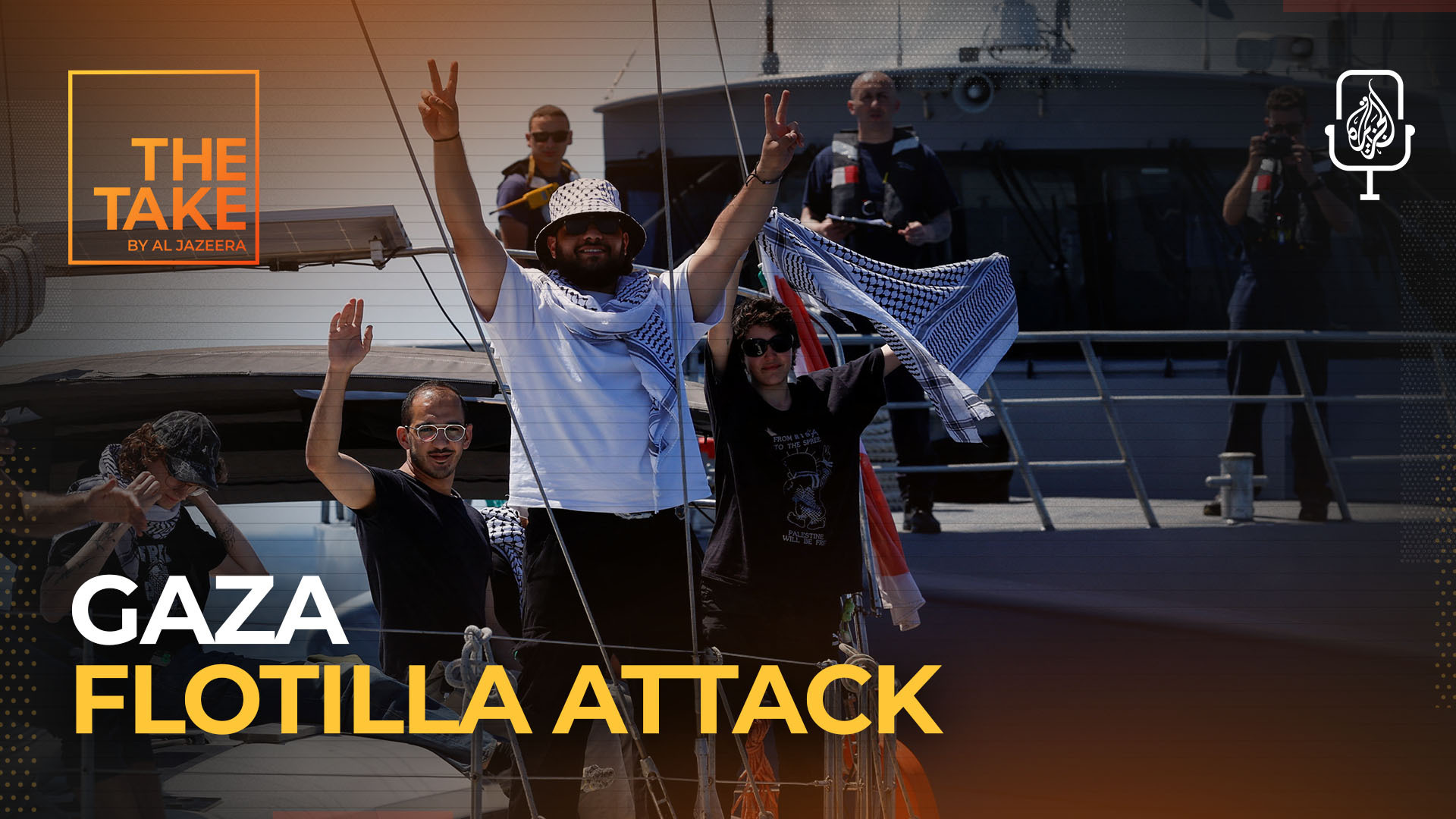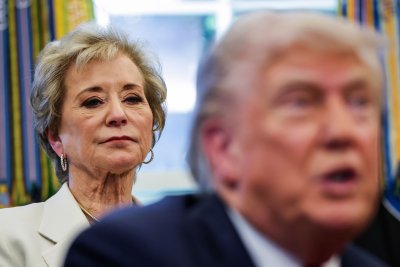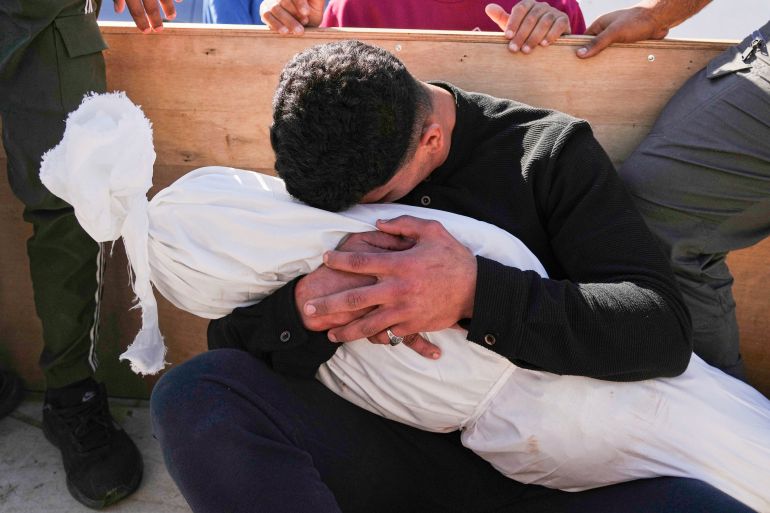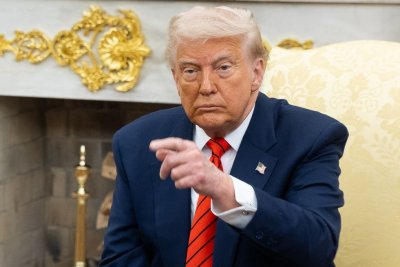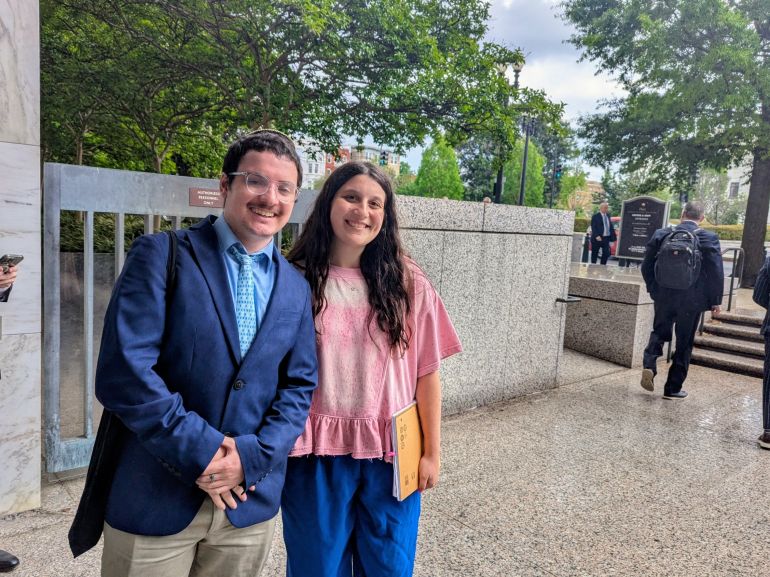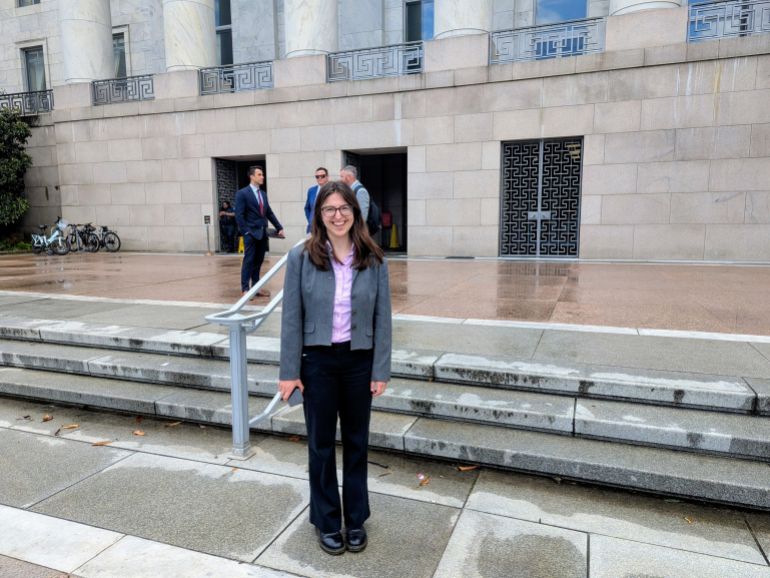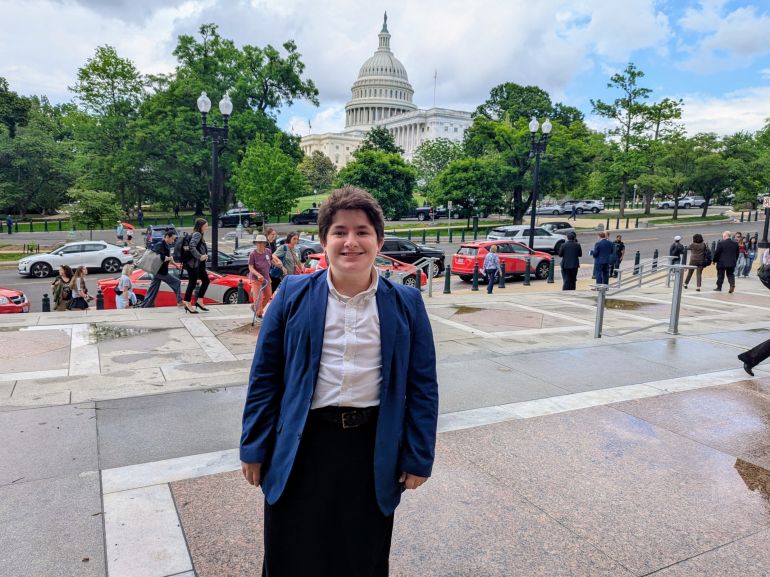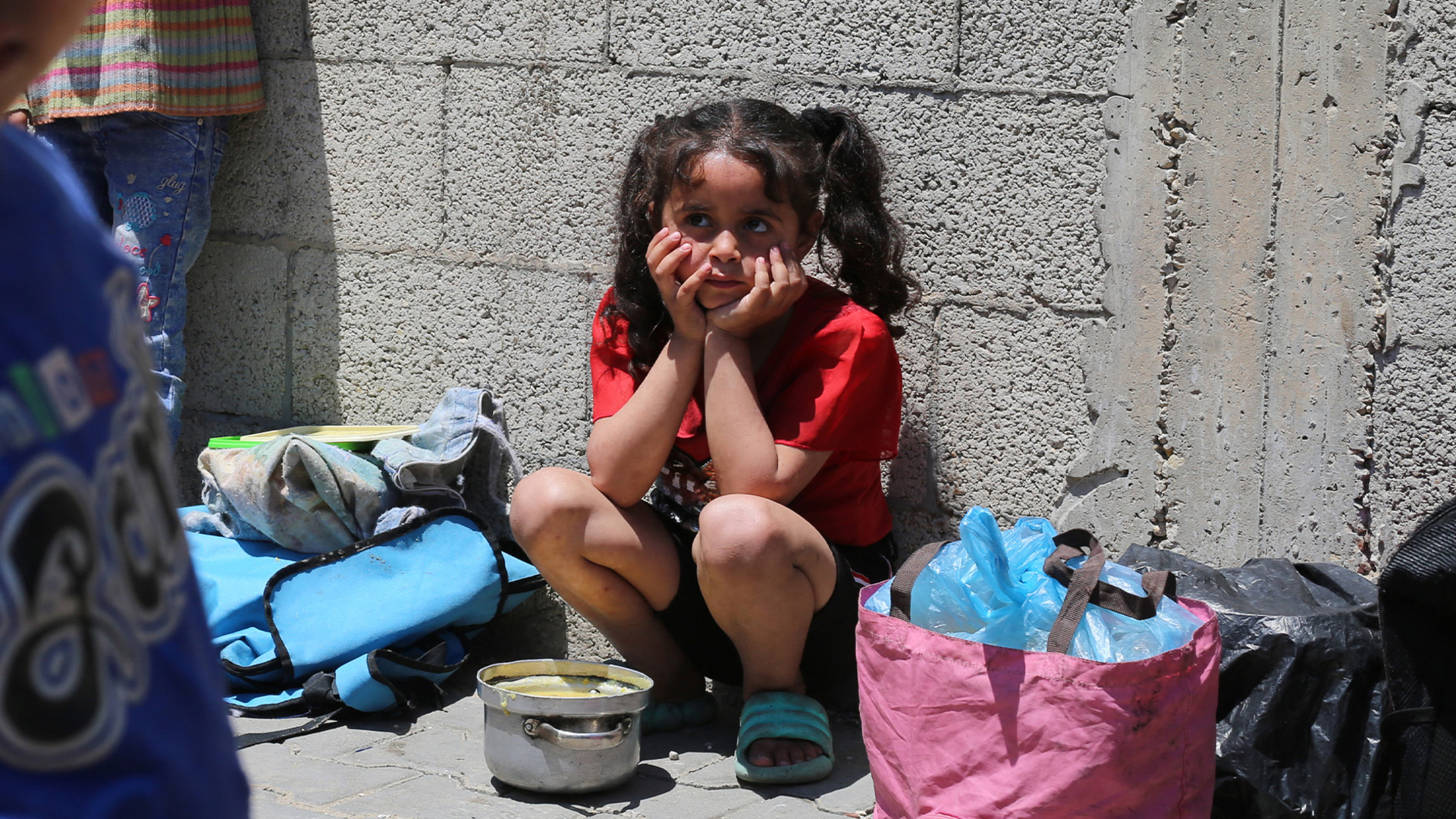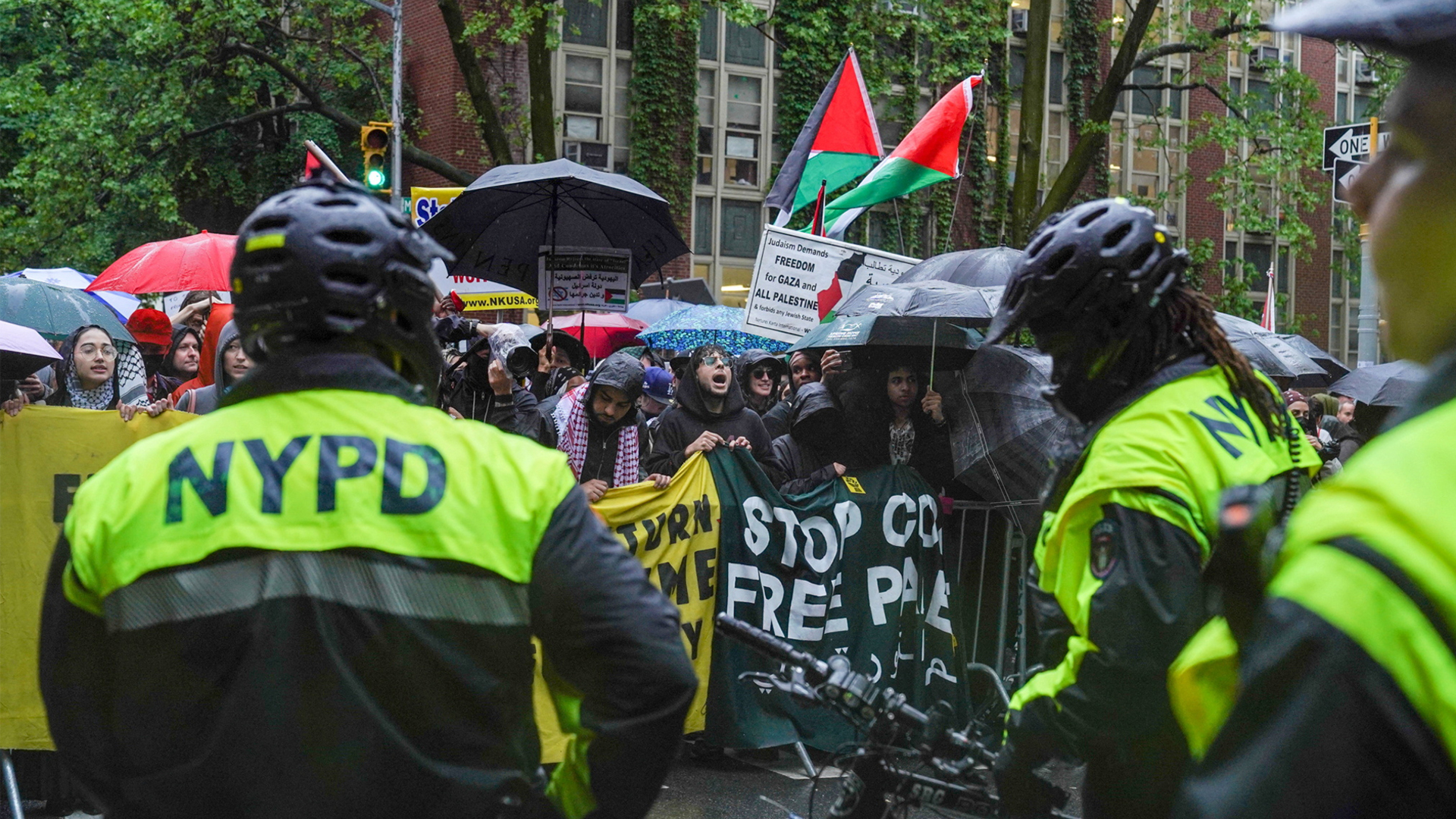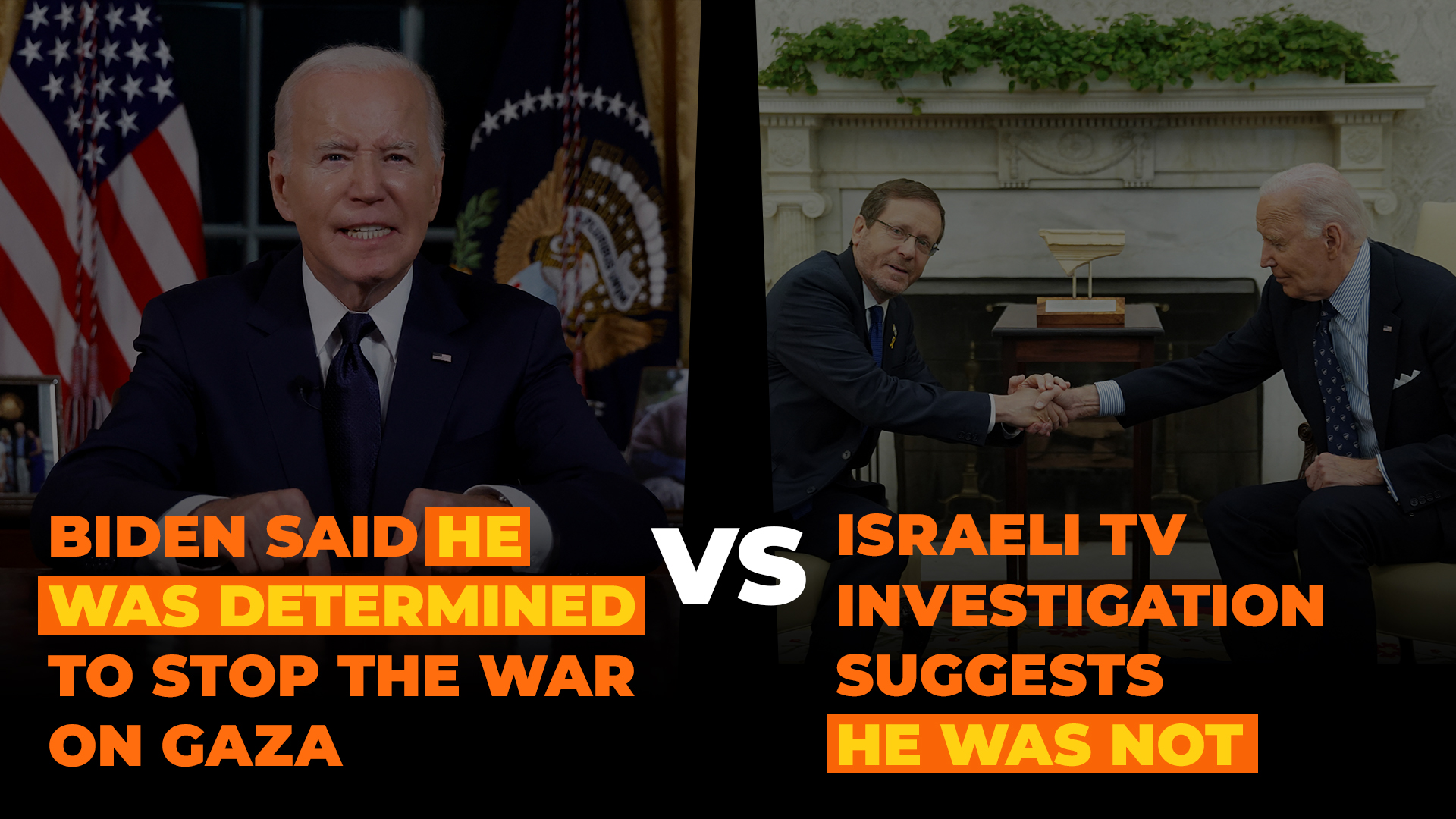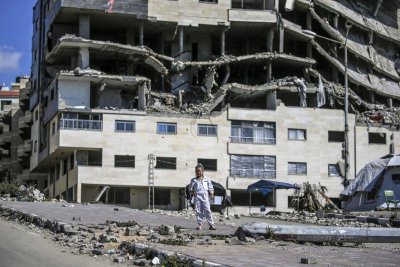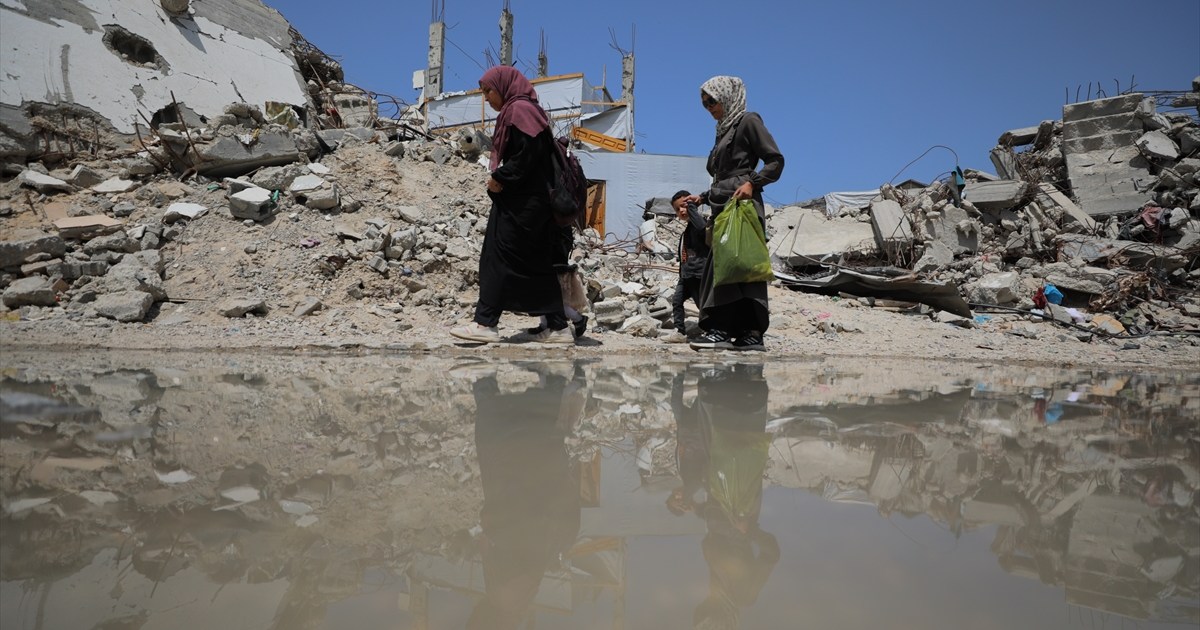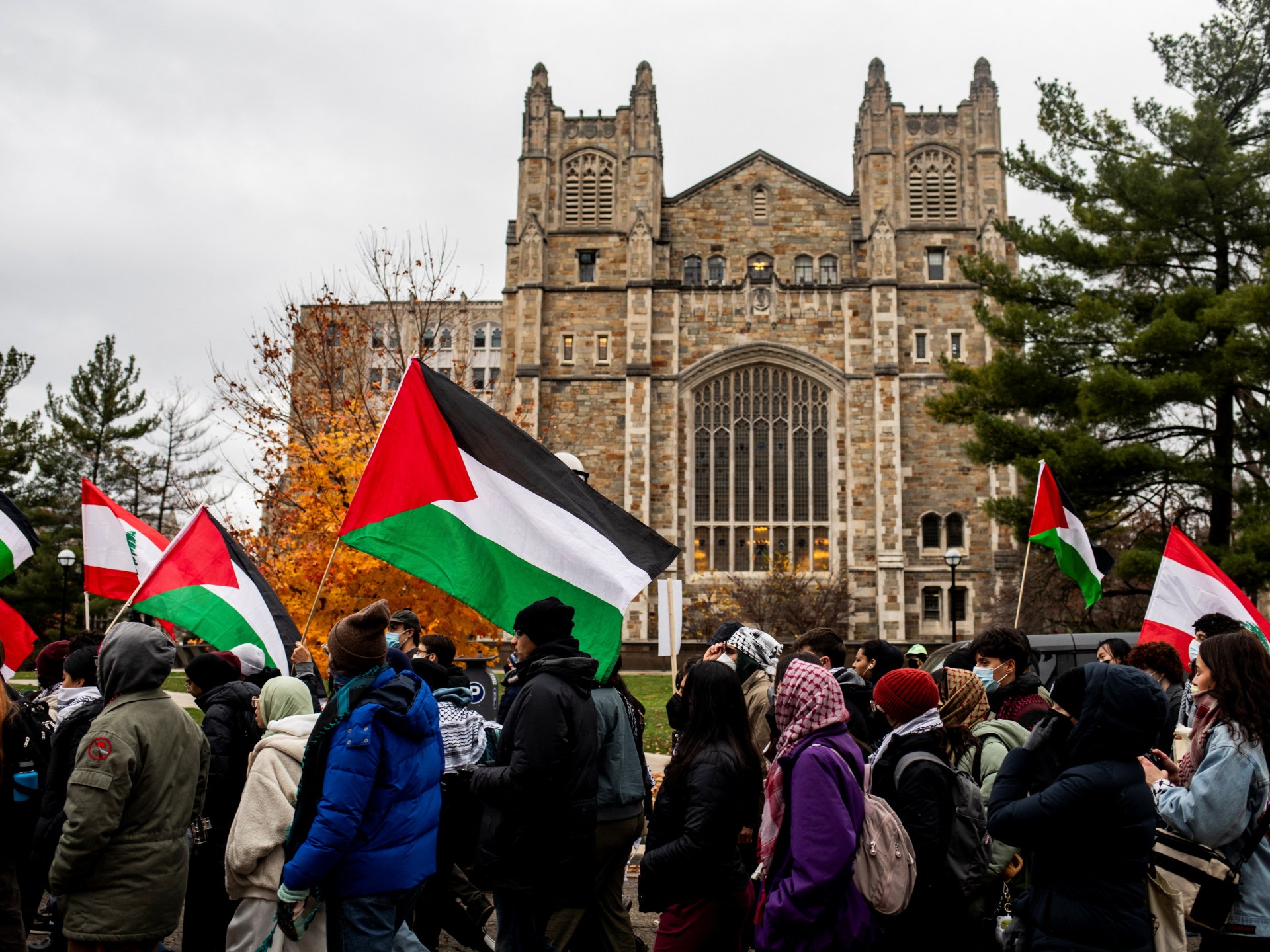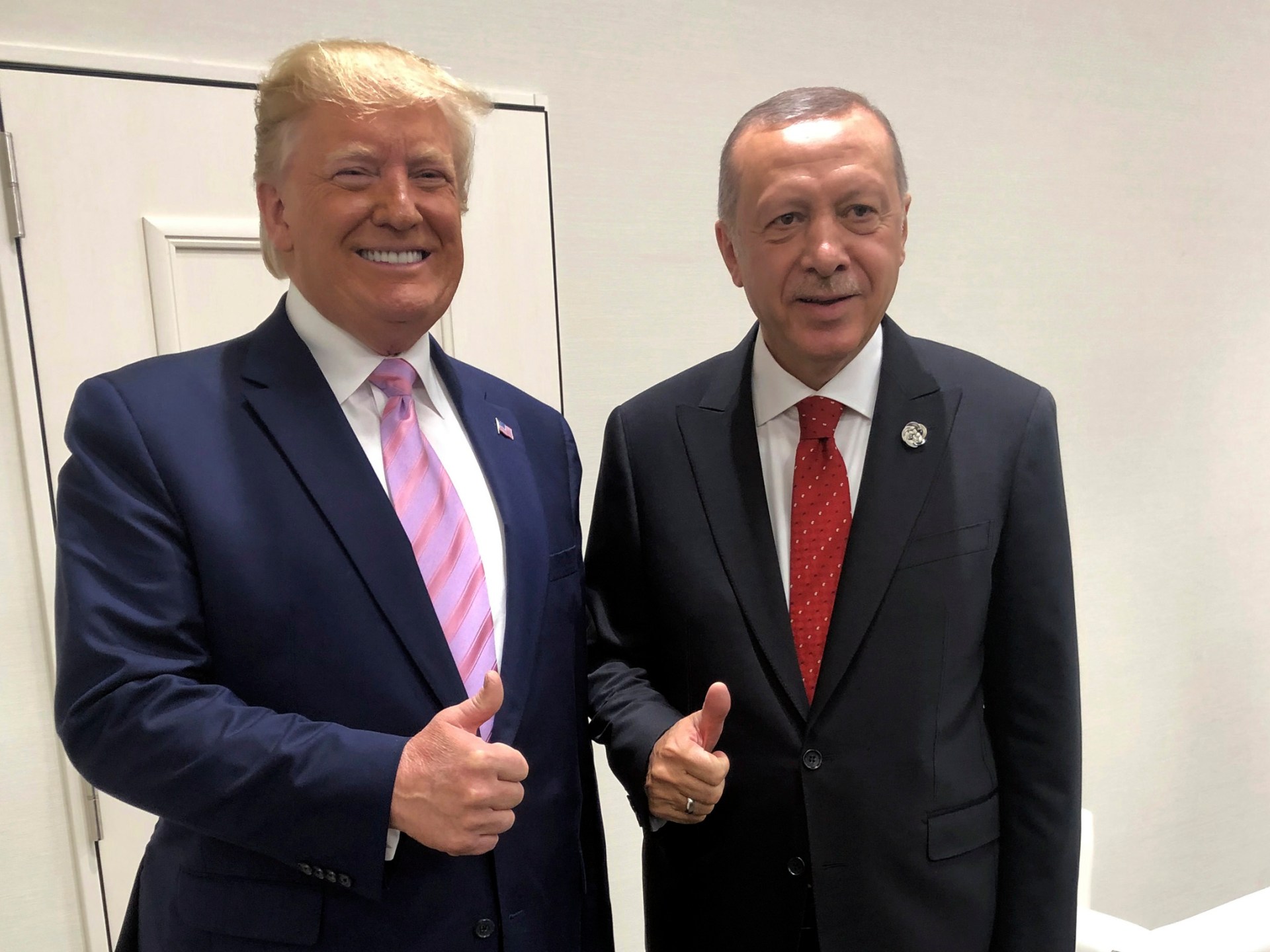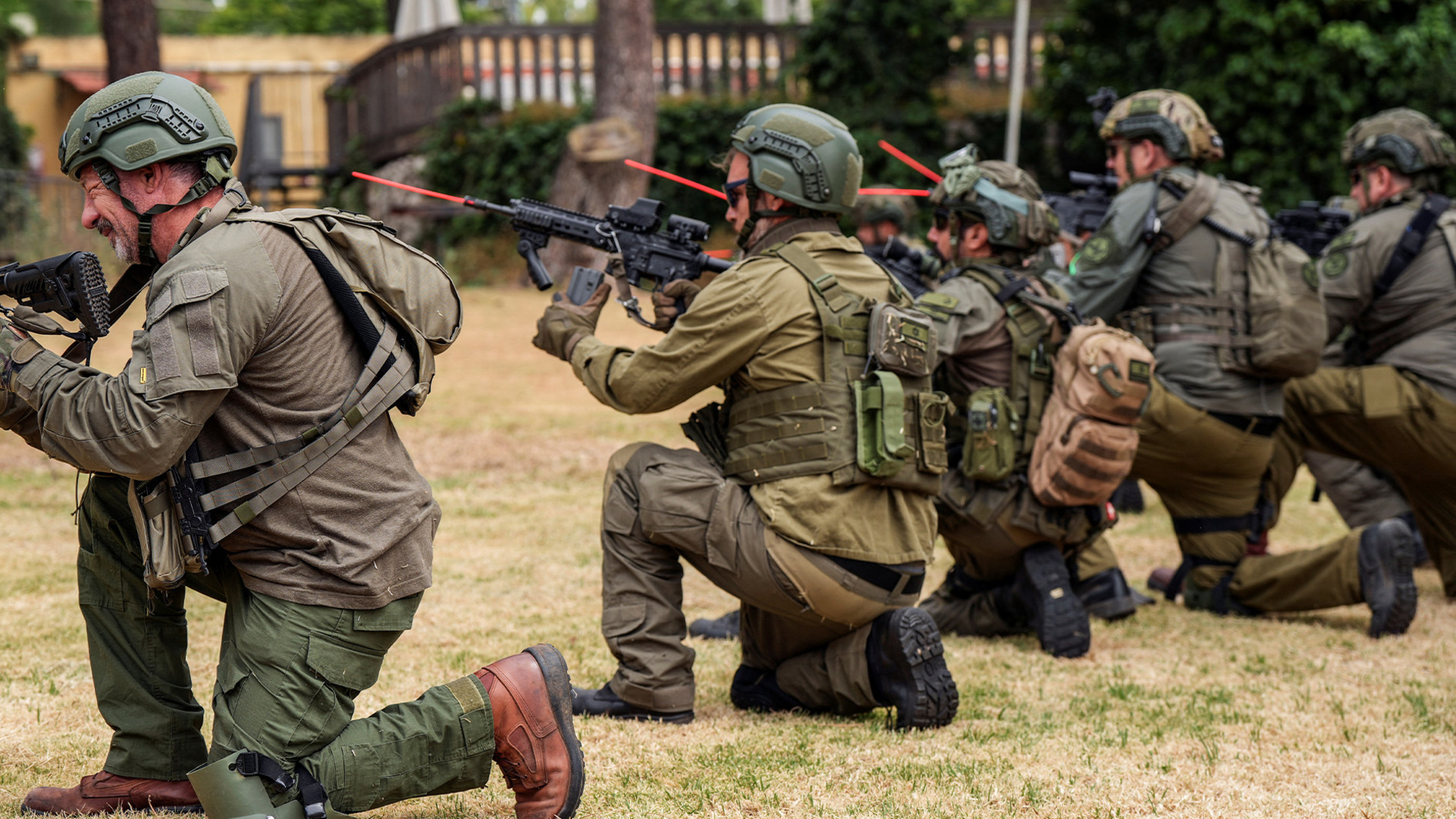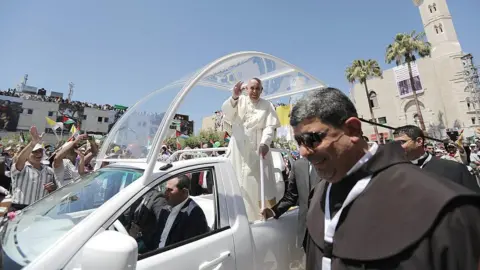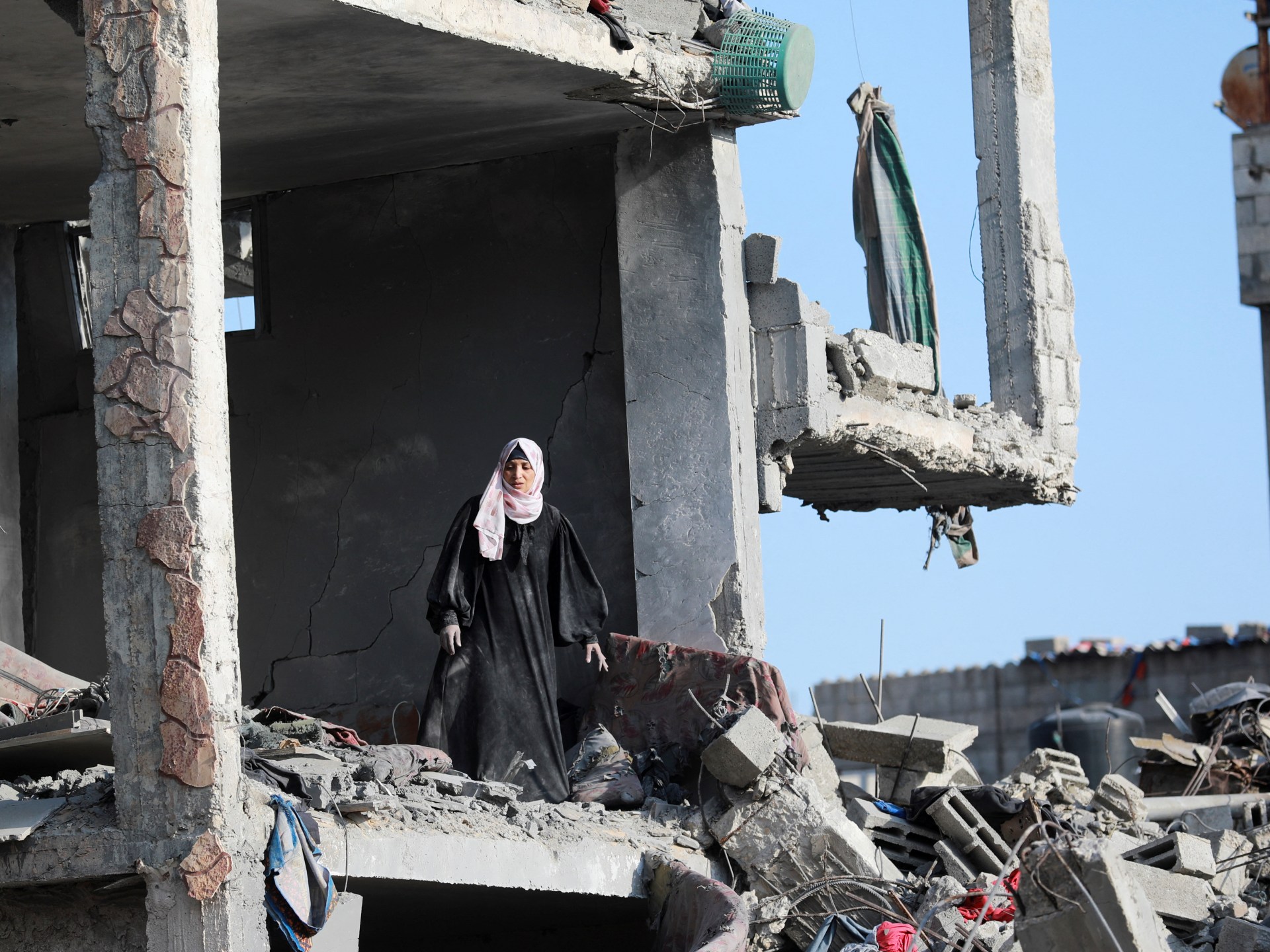Israel retrofitting DJI commercial drones to bomb and surveil Gaza | Israel-Palestine conflict News
The Israeli military has been altering commercial drones to carry bombs and surveil people in Gaza, an investigation by Al Jazeera’s Sanad verification agency has found.
According to Sanad, drones manufactured by the Chinese tech giant DJI have been used to attack hospitals and civilian shelters and to surveil Palestinian prisoners being forced to act as human shields for heavily armoured Israeli soldiers.
This is not the first time DJI drones have been modified and used by armies. There were similar reports about both sides of the Russia-Ukraine war in 2022.
At the time, DJI suspended all sales to both countries and introduced software modifications that restricted the areas where its drones could be used and how high they could fly.
However, DJI has not stopped selling drones to Israel.

Israel’s use of DJI drones
The Israeli army’s use of DJI drones is not new.
By 2018, DJI drones were reportedly in extensive use across numerous divisions in the Israeli military. The Israeli campaign group Hamushim found evidence that Israeli military-trained operators were using DJI’s Matrice 600 model to drop tear gas on civilian protesters during the following year’s Great March of Return in Gaza.
Despite their previous deployment by the Israeli military, their lethal use against civilians and protected targets in Gaza, as documented in this investigation, is unprecedented.
Al Jazeera has reached out to Israeli authorities to request comment on the findings of this investigation but has received no response by time of publication.

Sanad has documented several DJI drones that have been adapted for military use.
However, it is the powerful DJI Agras drone, developed for agricultural use, that is the most significant.
According to its manufacturers, the DJI Agras can carry a substantial payload and is capable of precision flight.
As Sanad’s investigation shows, it can also be used to deliver an explosive payload to targets beyond the reach of conventional military forces.
In addition to the DJI Agras, the DJI Mavic has been used by the Israeli military across Gaza for reconnaissance and target acquisition.
Similarly, the compact DJI Avata drone, designed for recreational filming, has been repurposed by the Israeli military to navigate and map the intricate tunnel networks beneath Gaza.

Attacks on northern Gaza
By late 2024, Israel had laid siege to Gaza’s north, pushing the population to the brink of famine and imposing conditions described as “apocalyptic” by United Nations observers.
Residents and humanitarian organisations reported an alarming number of what appeared to be civilian drones armed with explosives.
In an incident documented by displaced civilians, footage shared on July 17, 2024, shows a DJI Agras drone dropping a bomb onto the IHH Turkish charity’s building in Jabalia, northern Gaza, less than 100 metres (330ft) from a school serving as a shelter and aid distribution centre.

In November in Beit Lahia, northern Gaza, a DJI Agras drone dropped a bomb in a residential neighbourhood where civilians had fled after Israeli shelling of a UN-operated school-turned-shelter.
People who witnessed the bombing told Sanad the attack seemed calculated to instil fear.

Surveillance and urban warfare
Beyond direct attacks, Israeli-modified DJI drones have been used extensively for surveillance and tactical operations throughout Gaza.

In a further incident, footage obtained by Al Jazeera Arabic from one Israeli drone shows a DJI Avata helping to track an unnamed Palestinian being used by heavily armed Israeli soldiers as a human shield – an illegal practice under international law – in Shujaiya in December 2023.
The individual is seen opening the school’s doors to make sure there were no Palestinian fighters inside, closely monitored by another drone that captured the entire operation.

DJI double standards: Gaza vs Ukraine
In 2022, in response to complaints from Ukrainian officials that DJI was sharing critical data with their Russian adversaries, the drone manufacturer suspended all sales to its retail partners in both countries.
DJI explained the move: “We will never accept any use of our products to cause harm, and we will continue striving to improve the world with our work.”
Despite evidence of DJI drones being weaponised by the Israeli military in Gaza, DJI has had no such response.
Responding to direct inquiries from Sanad, DJI said: “Our products are for peaceful and civilian use only, and we absolutely deplore and condemn the use of [DJI] products to cause harm anywhere in the world.”
A subsequent direct query asked if it plans “to halt sales in Israel or implement measures similar to those taken in the Russia-Ukraine conflict”.
But DJI did not respond to the query not has it undertaken any measures to halt sales or impose software restrictions on where drones can fly over Gaza, allowing continued military deployments of their drones by the Israeli military.
